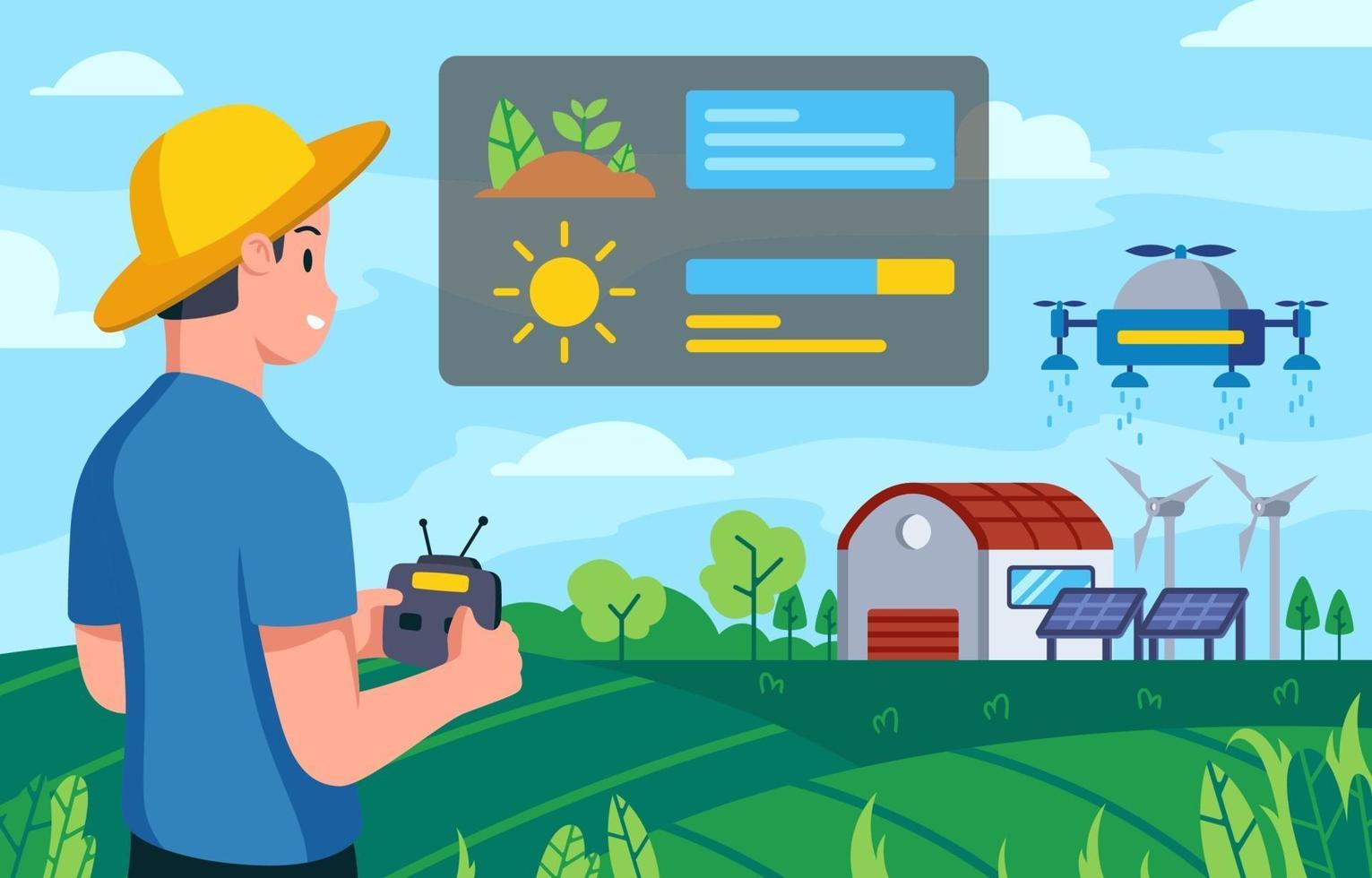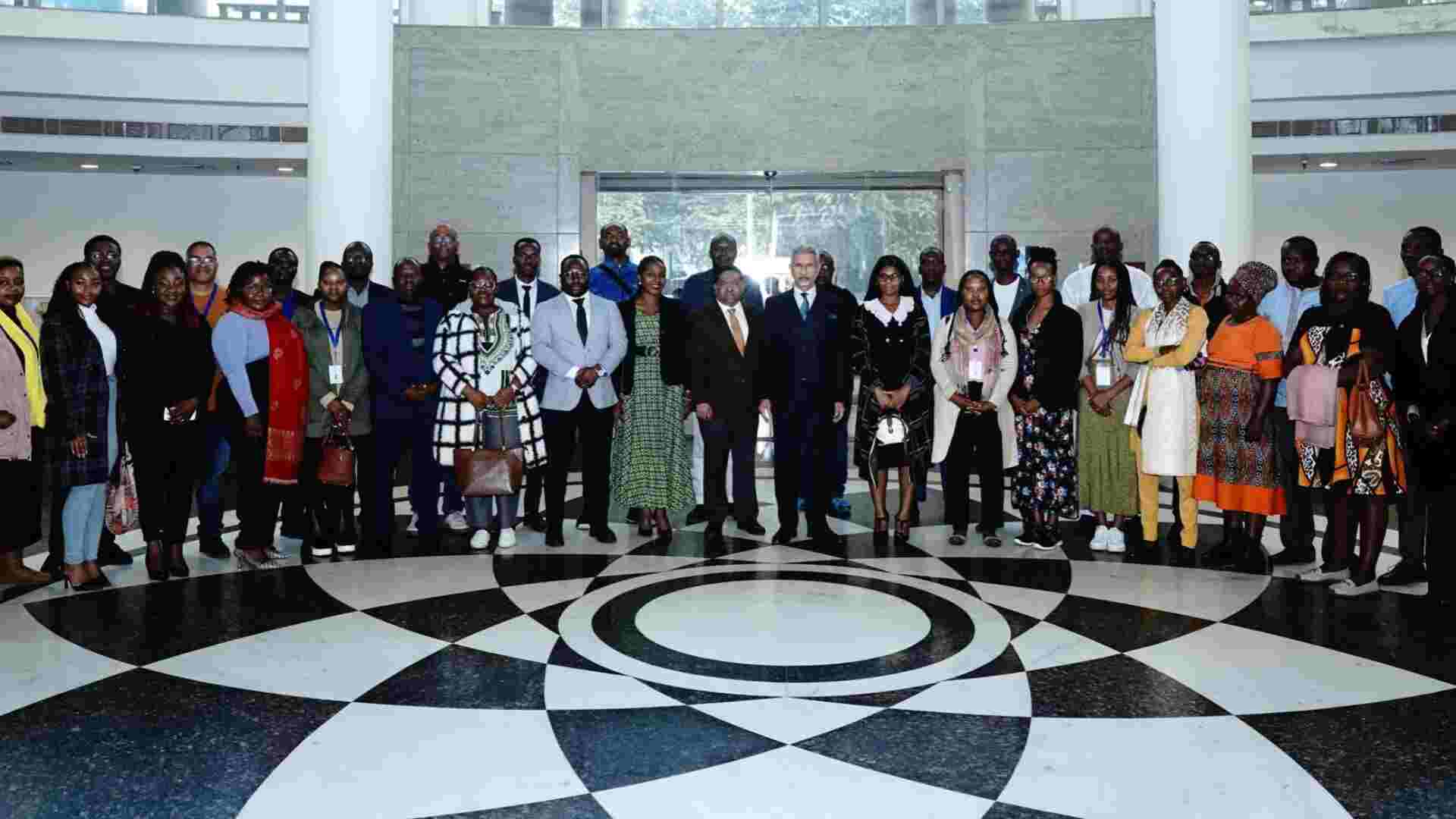
Water scarcity is a pressing challenge that impacts agriculture worldwide. With climate change exacerbating droughts and depleting traditional water sources, farmers face increasing difficulties in securing a reliable water supply for irrigation. This problem is particularly acute in arid and semi-arid regions where agriculture often relies on unpredictable rainfall or over-extracted groundwater. To address these challenges, innovative solutions like Atmospheric Water Generation (AWG) technology are emerging as game-changers, offering a consistent and sustainable water source for agricultural use.
Atmospheric Water Generation (AWG) is a technology that extracts moisture from the air and converts it into clean, potable water. By harnessing the humidity present in the atmosphere, AWG systems produce water that can be used for a variety of applications, including agriculture. Unlike traditional methods such as borewells or surface water extraction, AWG does not deplete existing water resources. Instead, it taps into a renewable source—the moisture in the air—making it an ideal solution for regions facing water scarcity.
1.Steady Water Supply: One of the most critical focal points of AWG innovation is its capacity to give a reliable water supply. In regions where irrigation is challenging, due to a lack of reliable water sources, AWG can offer a dependable alternative. This helps farmers maintain crop production and reduce their reliance on erratic weather patterns, ultimately improving food security.
2. Scalability and Flexibility: AWG systems, such as Akvo’s modular Water Block, are highly scalable and can be tailored to meet the specific needs of agricultural operations. Whether for small-scale farms or large agricultural estates, these systems can be adjusted to produce the required volume of water, ranging from 50 liters to 100,000 liters per day. This flexibility makes AWG suitable for a wide range of agricultural settings, from greenhouse irrigation to open-field farming.
3. Environmental Sustainability: AWG technology supports sustainable agriculture by reducing the environmental impact associated with traditional water extraction methods. For instance, pumping groundwater or diverting surface water often leads to ecosystem degradation and decreased biodiversity. AWG, on the other hand, extracts water without disturbing natural water bodies or soil. Moreover, advancements in AWG efficiency, such as energy optimization and IoT integration, make these systems increasingly eco-friendly.
AWG technology is already making strides in agriculture, particularly in regions where water scarcity is a critical concern. In India, for example, pilot projects have demonstrated the potential of AWG to support smallholder farmers by providing an alternative water source for crops like rice, wheat, and vegetables. In the GCC region, where water scarcity is a daily reality, AWG systems are being explored to support large-scale agricultural initiatives, helping to reduce dependence on costly and environmentally taxing desalination processes.
While the potential of AWG in agriculture is immense, there are challenges to consider. Initial setup costs and energy requirements are often cited as barriers to widespread adoption. However, continuous innovation in the field is addressing these issues, with new models boasting improved energy efficiency and lower costs. As the technology evolves, it is expected that AWG will become more accessible and economically viable for farmers worldwide.
Integrating AWG technology into agriculture presents a promising solution to the global water scarcity challenge. By providing a sustainable, scalable, and consistent water source, AWG can help farmers maintain productivity and resilience in the face of changing climate conditions. As stakeholders in the agriculture sector look towards innovative ways to enhance water security, AWG stands out as a viable and forward-thinking approach. Embracing this technology can transform water management in agriculture, ensuring a more sustainable future for food production.
Navkaran Singh Bagga is the CEO & Founder of Akvo.















